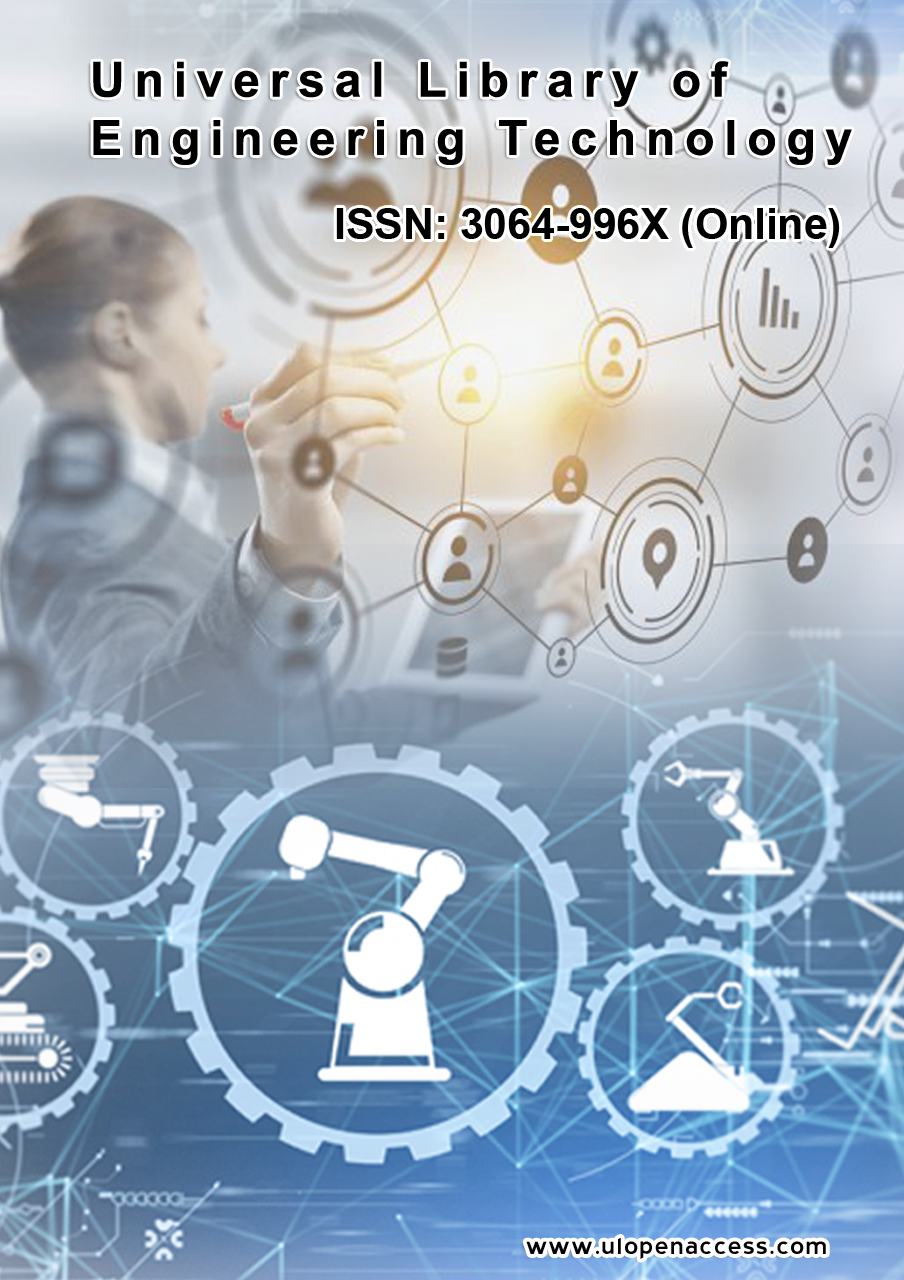A Deep-Review based on Predictive Machine Learning Models in Cloud Frameworks for the Performance ManagementSunil Jacob Enokkaren, Avinash Attipalli, Varun Bitkuri, Raghuvaran Kendyala, Jagan Kurma, Jaya Vardhani Mamidala Citation: Sunil Jacob Enokkaren, Avinash Attipalli, Varun Bitkuri, Raghuvaran Kendyala, Jagan Kurma, Jaya Vardhani Mamidala, "A Deep-Review based on Predictive Machine Learning Models in Cloud Frameworks for the Performance Management", Universal Library of Engineering Technology, Special Issue. Copyright: This is an open access article distributed under the Creative Commons Attribution License, which permits unrestricted use, distribution, and reproduction in any medium, provided the original work is properly cited. AbstractCloud computing (CC) has increasingly become a critical part of modern-day digital infrastructures that offer dynamic and flexible resources to suit various applications. However, it is all complicated by the necessity to maintain consistency in the ongoing cloud environments. Predictive Performance Management (PPM) aims to identify problematic performance issues early and correct them before they compromise the stability of the systems, as well as the user experience (UX). In the following paper, the author offers a comprehensive review of such approaches to PPM on Cruise Control as Machine Learning (ML) and Artificial Intelligence (AI). It explores the way traditional reactive types of monitoring have been replaced by intelligent predictive frameworks which use real-time information as well as automated decision making. Key parts that are studied are acquisition of performance data, analysis of metrics, models of forecasting and adaptive control mechanisms. The research classifies ML techniques according to their use in workload prediction, anomaly detection, and resource optimization (RO), and then goes on to describe their roles in unsupervised learning (UL), semi-supervised learning (SSL), reinforcement learning (RL), and supervised learning (SL). A discussion is held regarding the predictive task effectiveness of commonly used algorithms, such as decision trees (DT), ensemble approaches (EA), regression models (RM), support vector machines (SVM), and deep learning networks (DLN). The report also highlights the most significant obstacles to using AI/ML for CC performance management and suggests avenues for further study to develop intelligent, predictive approaches that can make CC infrastructures more robust and capable of self-optimization (SO). Keywords: Machine Learning, AI, Predictive Performance Management, Cloud Systems. Download |
|---|

